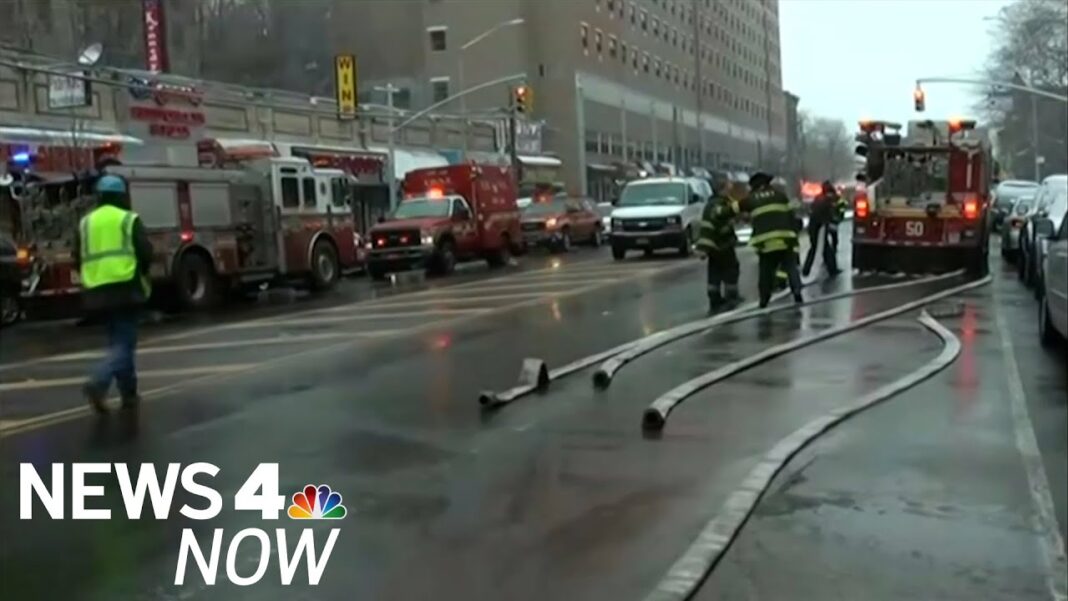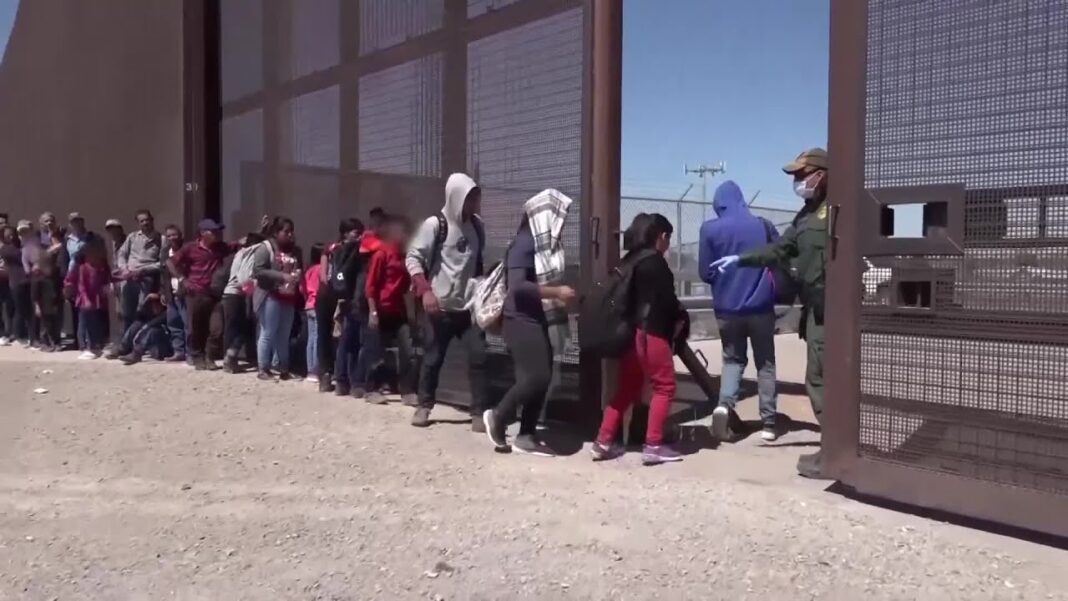Former Secretary of State Condoleezza Rice discusses her view of Critical Race Theory on The View on October 20, 2021.
Transcript
Condoleezza Rice: But if I could take a moment to talk about the whole issue of Critical Race Theory and what is, and is not being taught, I come out of an academic institution, and this is something that academics debate. What is the role of race and so forth? And let me be very clear; I grew up in segregated, Birmingham, Alabama. I couldn’t go to a movie theater, or to a restaurant with my parents. I went to segregated schools until we moved to Denver. My parents never thought I was going to grow up in a world without prejudice, but they also told me, “That’s somebody else’s problem, not yours. You’re going to overcome it, and you are going to be anything you want to be.” And that’s the message that I think we ought to be sending to kids.
One of the worries that I have about the way that we’re talking about race is that it either seems so big that somehow white people now have to feel guilty for everything that happened in the past. I don’t think that’s very productive. Or Black people have to feel disempowered by race. I would like Black kids to be completely empowered, to know that they are beautiful in their Blackness, but in order to do that, I don’t have to make white kids feel bad for being white. So somehow, this is a conversation that has gone in the wrong direction.
Joy Behar: Repeat that last part, you don’t have to, what?
Condoleezza Rice: Yeah. You know, there’s a little bit of, in order for Black kids who quite frankly, for a long time, the way they were portrayed, the way their history was portrayed, it was second class citizenship.
Joy Behar: Of course.
Condoleezza Rice: But I don’t have to make white children feel bad about being white in order to overcome the fact that Black children were-





